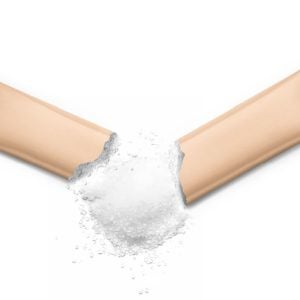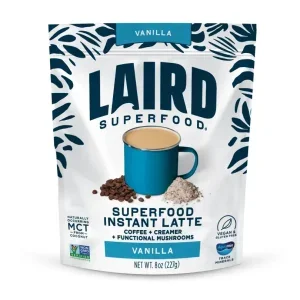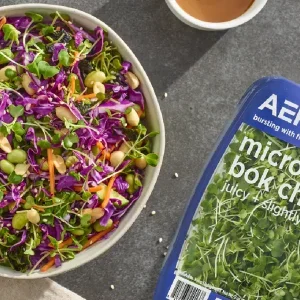
Dangote Sugar Refinery (DSR), a company engaged in in the processing and marketing of sugar in Nigeria and other countries in sub-Saharan Africa, has plans to purchase Nigerian sugar producer Savannah Sugar Company.
DSR believes that the new acquisition will help in further fortifying its position in the Nigerian sugar industry, where it currently possesses 70% of the market share.
Currently, 95% stake in Savannah Sugar Company is owned by Dangote Industries, the parent company of Dangote Sugar Refinery.
DSR said that its raw sugar importation and refining business has witnessed lowered profitability margin on back of changing raw sugar prices in the world market and rising competition in the regional market.
Dangote Sugar Refinery chairman Aliko Dangote said that the company has been working on various backward integration strategies, into domestic sugar production and milling business, as part of strategies to hold its position in the market, and the new deal is one of them.
"The strategy will significantly reduce the company’s cost structure, while ensuring that it remains competitive and delivers improved profitability and enhanced shareholder value," Dangote added.
According to DSR, this new strategy is in support of the Federal Government transformation agenda and is ahead of the proposed sugar policy.
In addition, DSR plans to grow its local and international markets.
Dangote Sugar Refinery managing director Abdullahi Sule said that the arrangements are currently on to expand the company’s export horizon beyond Ghana.
"Efforts are in top gear to ensure the refinery expansion projects and the proposed acquisition of Savannah Sugar as part of our backward integration projects are completed this year," Sule said.
Founded in 2000 and headquartered in Lagos, Nigeria, DSR provides Vitamin A fortified refined sugar, a fine white granulated sugar for table use, baking, and sweetening of beverages; and unfortified industrial sugar.
Image: The acquisition will further fortify DSR’s position in the Nigerian sugar industry, where it currently possesses 70% of the market share. Photo: JadeGordon.





